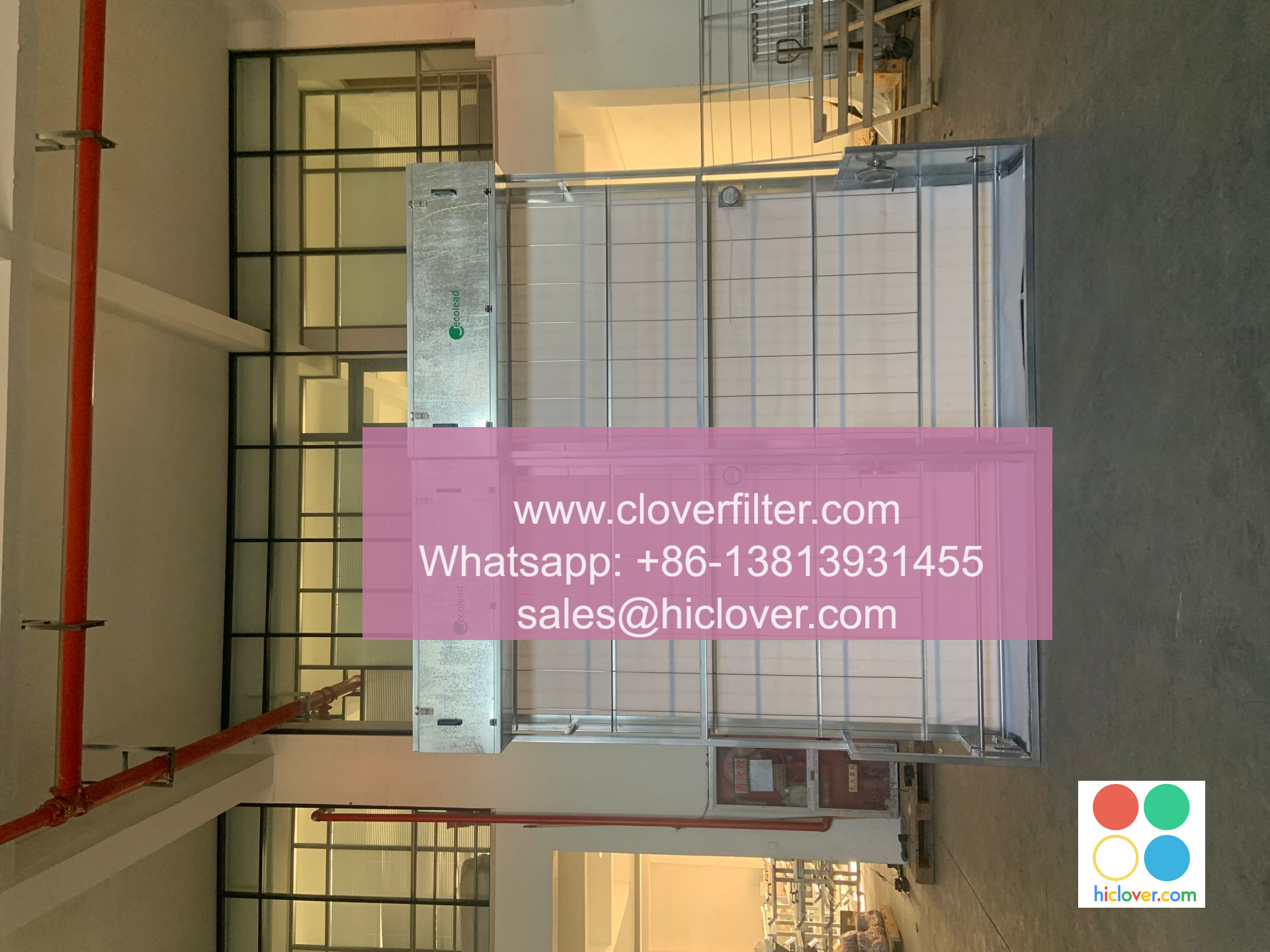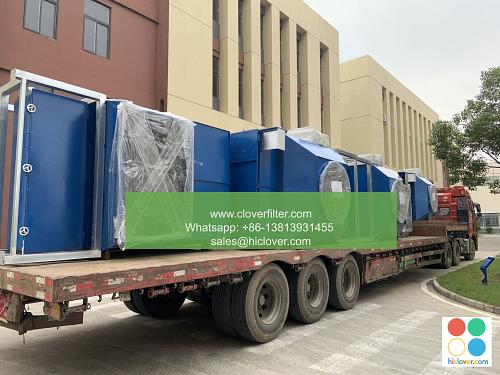A Comparison of Different Air Filter Types: Which One is Best?

Air filters are a crucial component in maintaining good indoor air quality, and with so many types available in the market, it can be overwhelming to choose the right one. In this article, we will delve into the world of air filtration, exploring the different types of air filters, their characteristics, and applications. We will also discuss the benefits and drawbacks of each type, helping you make an informed decision on which one is best for your needs.
Introduction to Air Filter Types
There are several types of air filters, each designed to capture specific types of pollutants and particles. The most common types of air filters include:
* HEPA (High Efficiency Particulate Air) filters, which are designed to capture 99.97% of particles as small as 0.3 microns, making them ideal for allergy sufferers and asthma patients.
* Activated Carbon filters, which are designed to capture gases, odors, and chemicals, making them ideal for kitchen and bathroom applications.
* UV (Ultraviolet) filters, which are designed to capture bacteria, viruses, and other microorganisms, making them ideal for hospital and medical applications.
* Pleated filters, which are designed to capture larger particles such as dust and pet dander, making them ideal for home and office applications.
* Electrostatic filters, which are designed to capture smaller particles such as smoke and pollen, making them ideal for industrial and commercial applications.
Application Areas for Different Air Filter Types
Different air filter types are suited for various application areas, including:
* Residential air filtration: HEPA filters, Activated Carbon filters, and Pleated filters are commonly used in home air purification systems to improve indoor air quality.
* Commercial air filtration: Electrostatic filters, UV filters, and Activated Carbon filters are commonly used in office buildings, restaurants, and shopping malls to improve indoor air quality and reduce odors and pollutants.
* Industrial air filtration: HEPA filters, Activated Carbon filters, and Electrostatic filters are commonly used in factories, warehouses, and manufacturing facilities to improve indoor air quality and reduce hazardous particles and gases.
* Medical air filtration: UV filters, HEPA filters, and Activated Carbon filters are commonly used in
Conclusion
In conclusion, choosing the right air filter type depends on the specific application area and the type of pollutants and particles you want to capture. By understanding the characteristics and benefits of each air filter type, you can make an informed decision on which one is best for your needs. Whether you’re looking to improve indoor air quality in your home, office, or industrial facility, there’s an air filter type that’s right for you. Remember to consider factors such as filter efficiency, filter lifespan, and maintenance costs when selecting an air filter, and always follow the manufacturer’s instructions for installation, maintenance, and replacement. You haven’t provided a prompt or question for me to answer. Please go ahead and provide more context or ask your question, and I’ll do my best to assist you.

